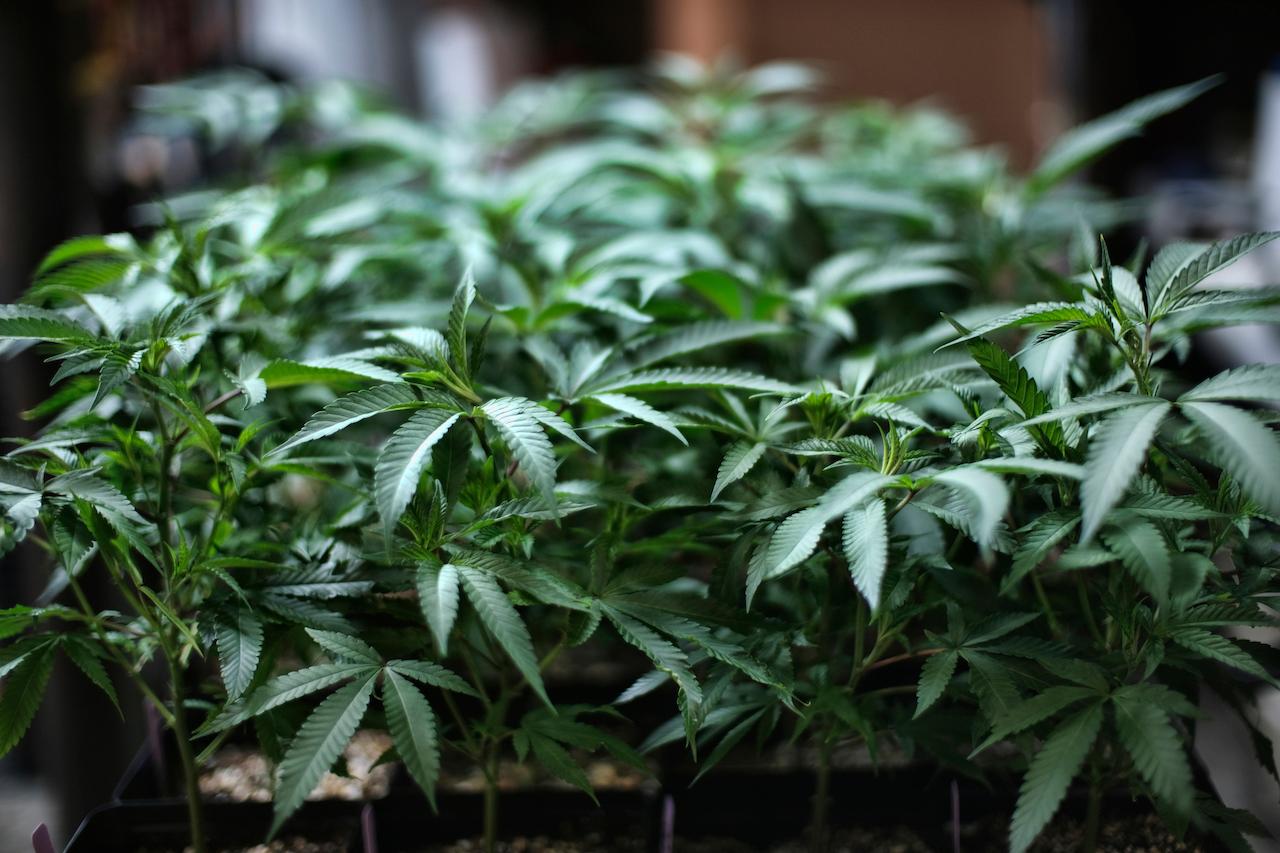UN removes cannabis from list of most dangerous drugs
The change is not a licence to smoke marijuana, it was done to make medical research into the drug's healing properties easier.
Just In
A United Nations commission has voted to remove cannabis from its list of the most dangerous drugs in a move that recognises the plant as having medicinal value.
The UN Commission on Narcotic Drugs approved a recommendation from the World Health Organization on Wednesday to remove cannabis and cannabis resin from its list of narcotic drugs which includes heroin and other often deadly opioids, reports CNN.
“This is welcome news for the millions of people who use cannabis for therapeutic purposes and reflects the reality of the growing market for cannabis-based medicinal products,” a group of drug policy advocacy organisations said.
Wednesday’s vote means that cannabis and cannabis resin are no longer classified as among the most harmful substances and are acknowledged as having medical benefits. But they’ll still be subject to restrictions under the Schedule I category.
The vote result was a tight one, with 27 of the Vienna based commission’s member states, including the US and European countries, in support of declassifying the drug while China, Egypt, Russia, Pakistan and Nigeria were among the 25 countries who voted against it.
The move is largely symbolic and may not have an immediate impact on how governments control the drug. But it could give a boost to medical cannabis legalisation efforts in countries that look to the UN for guidance.
Alfredo Pascual, of Marijuana Business Daily, said. “It’s an implicit acknowledgement of marijuana’s therapeutic utility and that it is not as dangerous as believed about 60 years ago.”
But if stoners think this has paved the way for legalised weed across the world, it does not. Cannabis still remains a banned drug for non-medical use under UN law. The change is designed to make research into possible medicinal uses of the drug easier.
There is a good chance that the UN’s decision will add to a growing drive in many countries to increase access to cannabis-based medicines. It could also spark more scientific research into the drug’s long-known medical properties.
It could also act as a catalyst for more countries to legalise the drug for medicinal use, leading to laws on recreational use being reconsidered.
Subscribe to our newsletter
To be updated with all the latest news and analyses daily.
